Market Essentials - May 2021
/As we enter May, the housing market in every state capital continues to surge. A combination of increased consumer confidence, record low-interest rates, low stock rates and the all-consuming fear of missing out has sent buyers into a frenzy. Buyers want to stake their claim in a market that to date has shown no signs of slowing.
CoreLogic has just released a report indicating that during the March quarter, the Australian property market grew at the fastest rate in thirty-three years. However, Head of Research, Tim Lawless, predicts that “the pace of capital gain will gradually taper over the coming months. There has been a marked lift in new listings coming to the market relative to prior years”, he said. As more vendors take advantage of the strong selling conditions, Mr Lawless suggests that there will be a “rebalancing between buyer and sellers”. In addition, there are fewer government-stimulus measures now available, as well as affordability constraints.
Read More

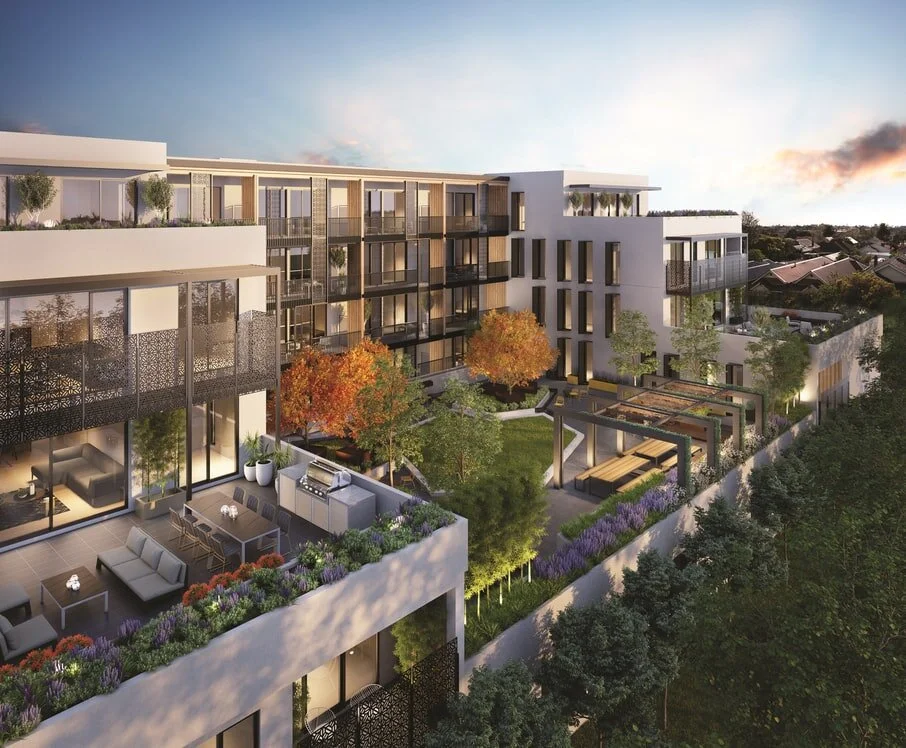
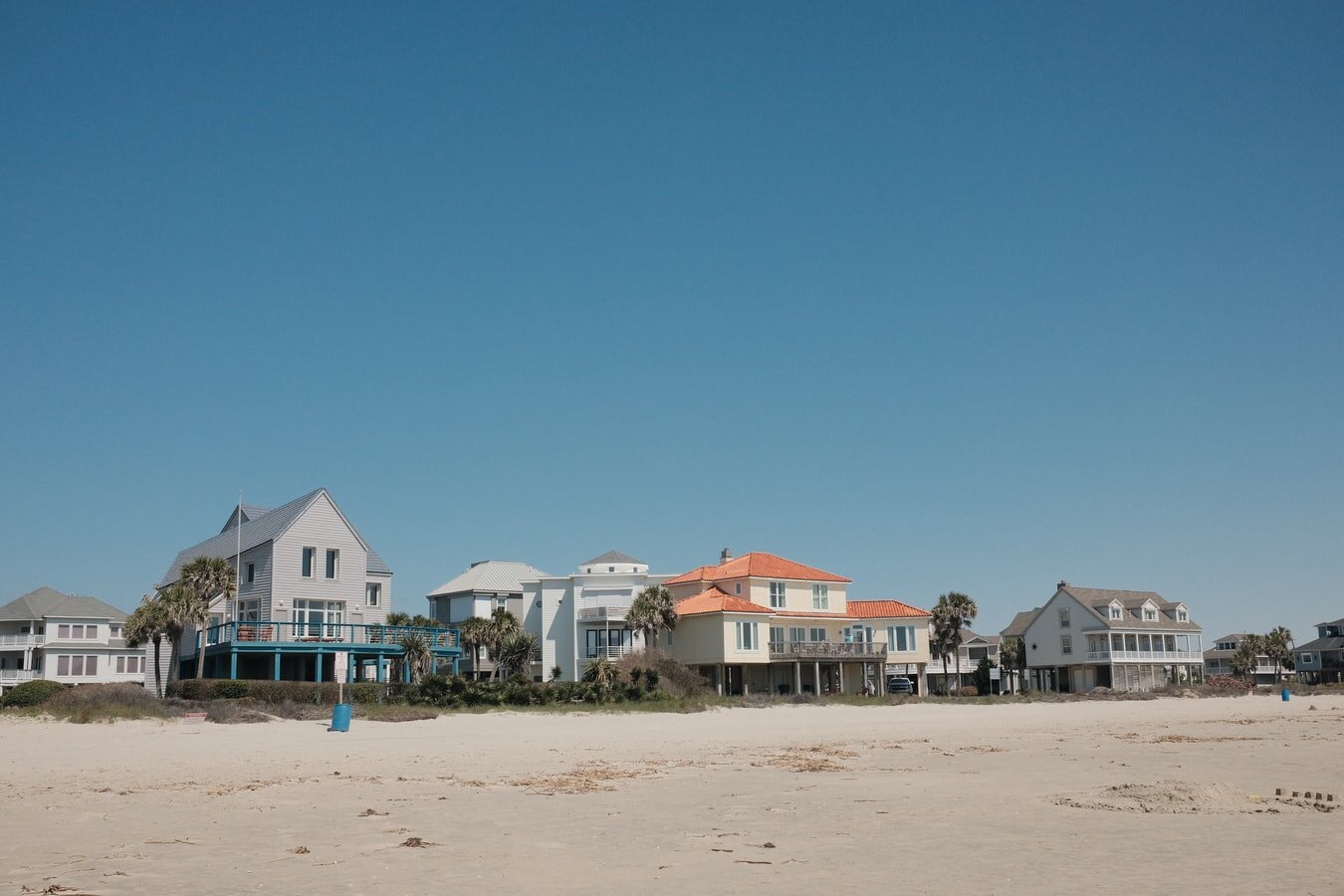
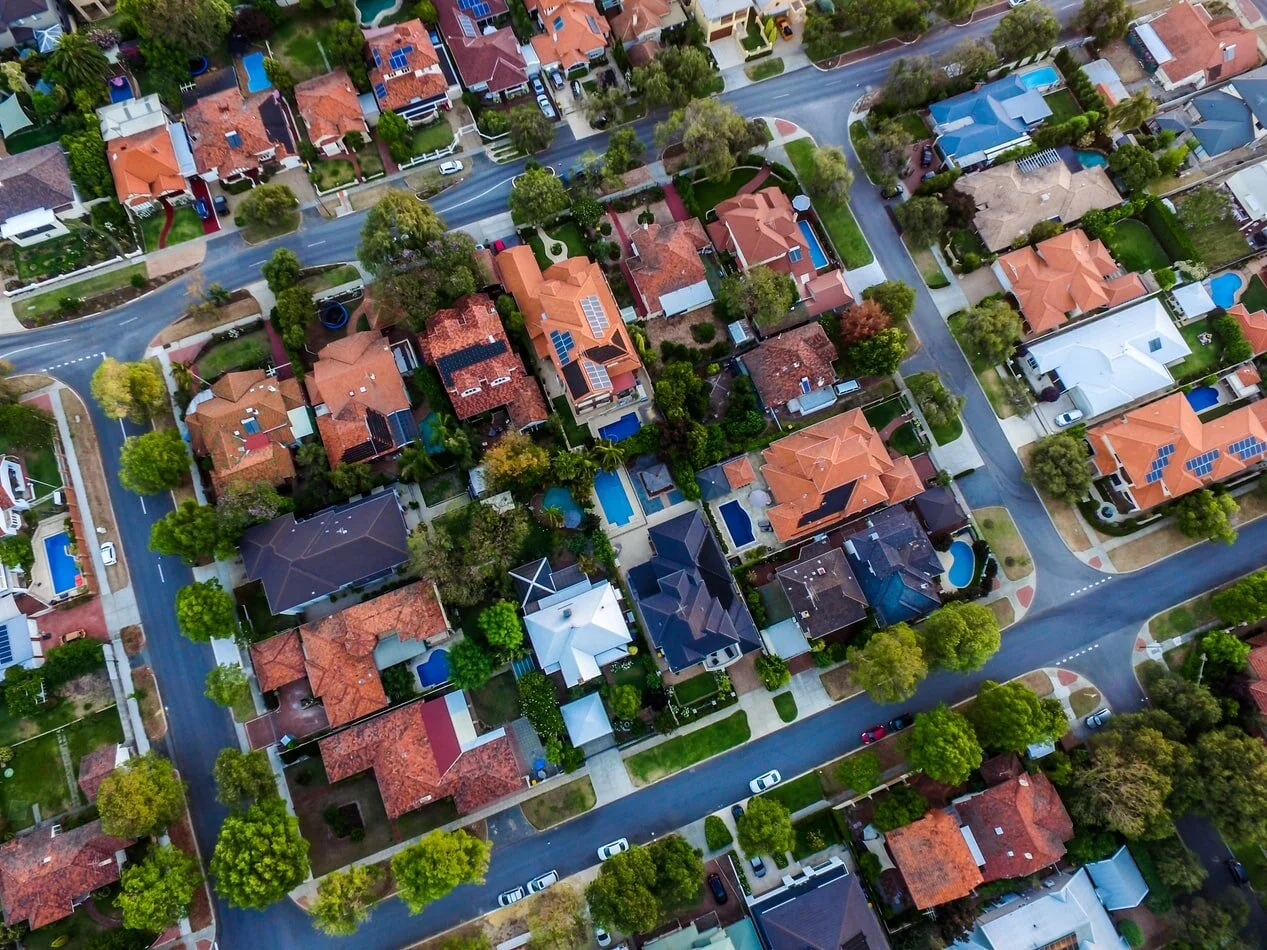

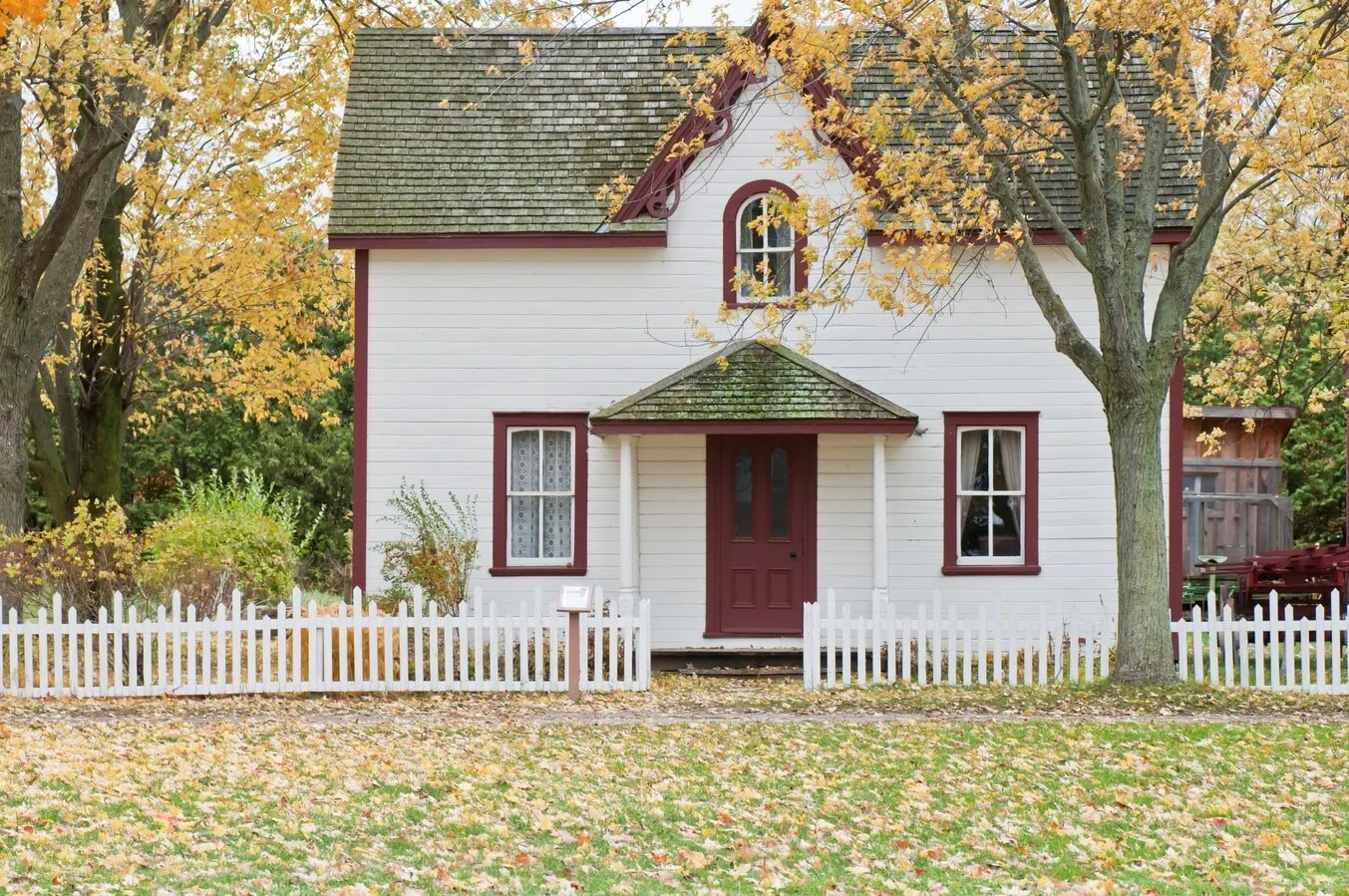

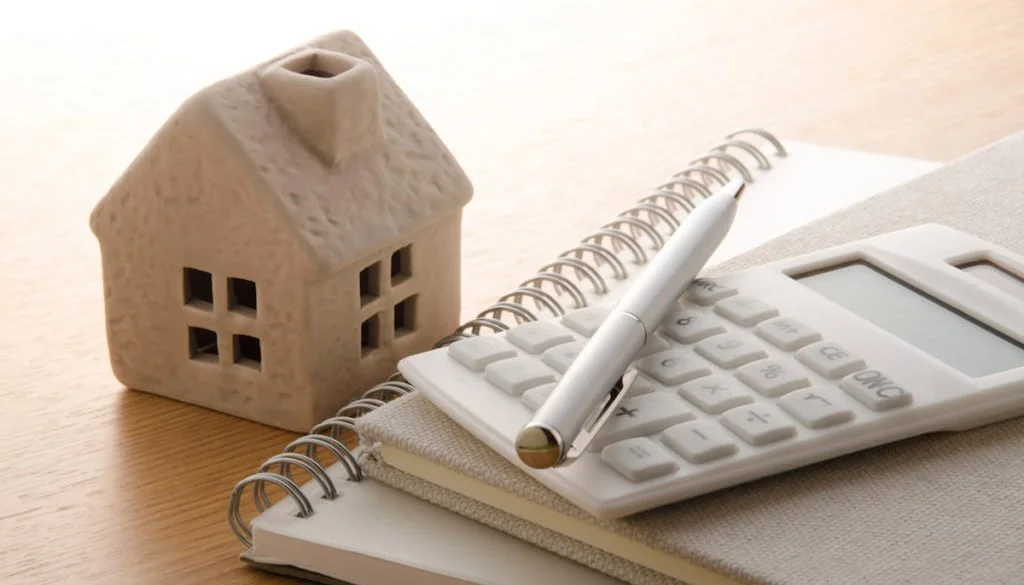

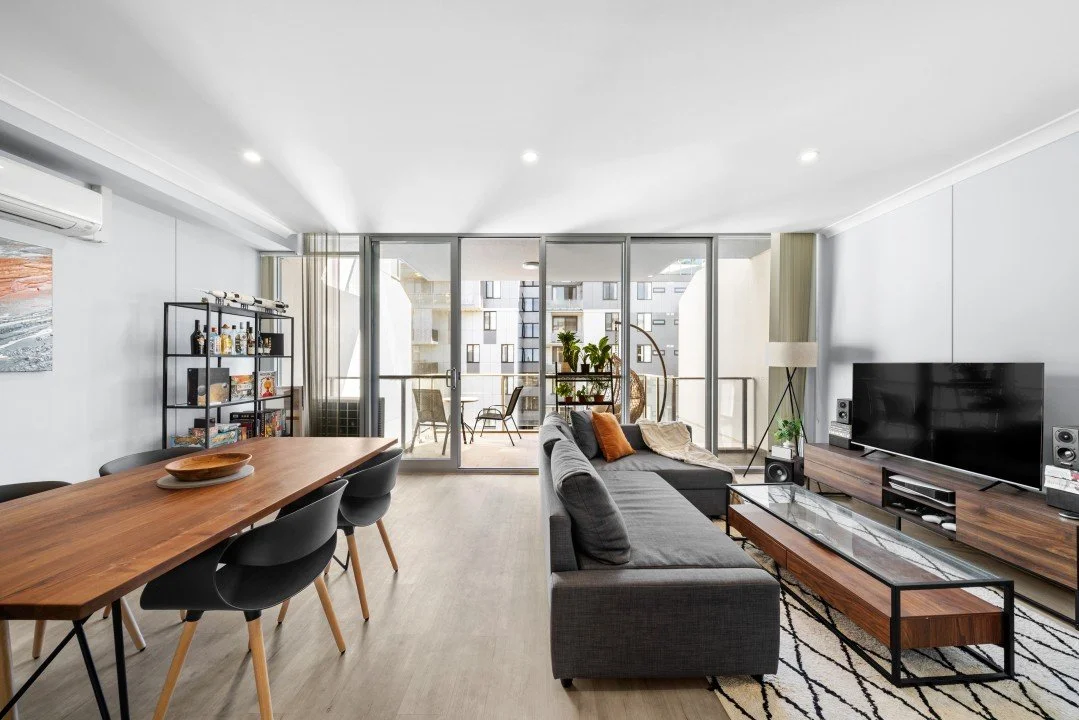


Loanscape has today released its Borrowing Capacity Index for Q4/2024. It confirms the forecast trend that borrowing capacities of Australian individuals and families are recovering from their low levels which coincided with the last of the recent increases to borrowing rates initiated by the Reserve Bank of Australia.